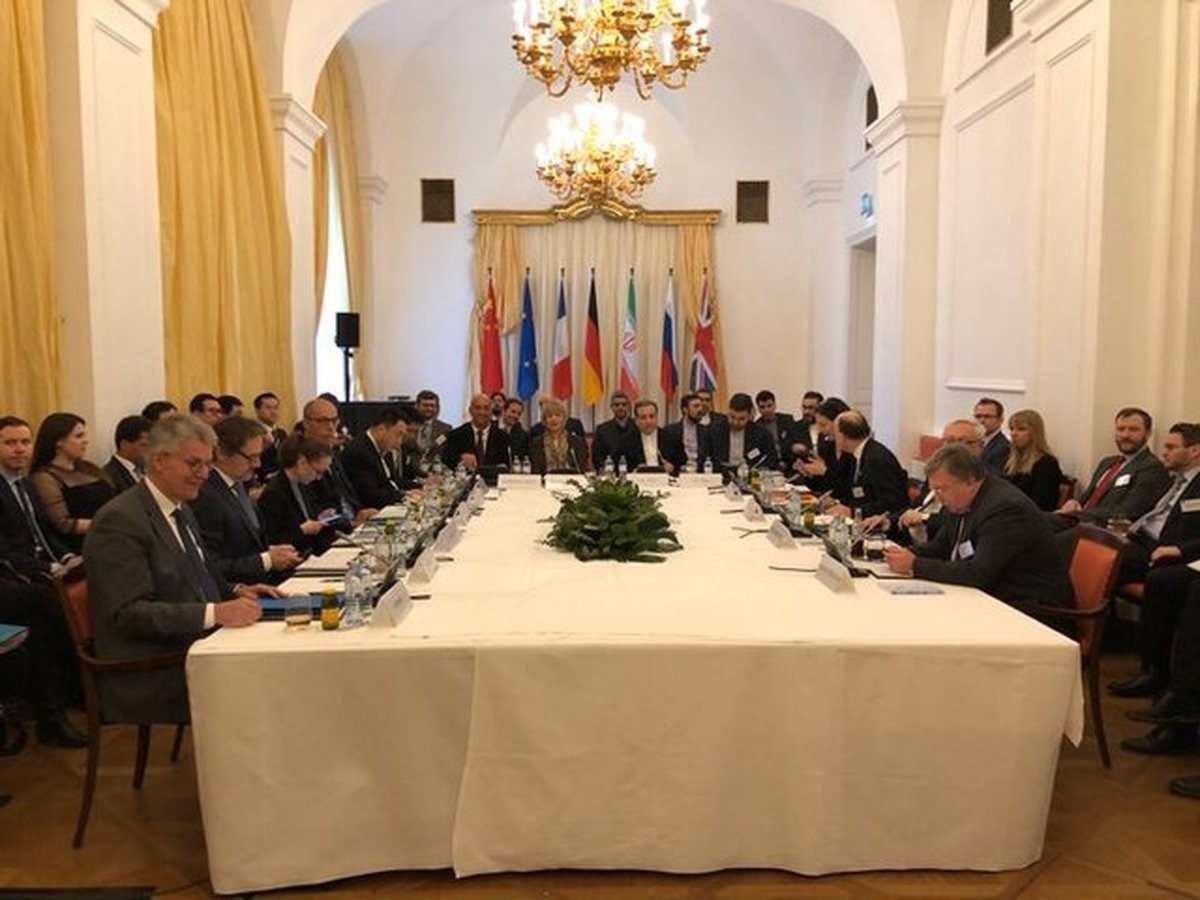In an interview with the website of the Strategic Council on Foreign Relations, Kourosh Ahmadi, referring to the statement of the chairman of the JCPOA Joint Commission and the importance of its protection by all parties, said: This meeting and the statement issued after it, mainly due to the special interval we are going through is important. At a time when the United States is urging the Security Council to reinstate previous resolutions and thereby kill the JCPOA, it is important that the remaining members of the Security Council reaffirm the need to preserve and implement the Iran Nuclear Agreement.
He considered this meeting and its final statement another sign of the determination of the JCPOA member states to find and test possible ways to implement it and added: “In addition, in this statement, the position of the current members of JCPOA that the United States is not a member of the JCPOA and therefore is not capable of resorting to the JCPOA mechanisms, including the trigger mechanism, is emphasized.
Emphasis on Rejection of US Actions in Relation to JCPOA
The international affairs analyst referred to the positions of the JCPOA member states in criticizing the US actions as well as their letters to the Security Council in this regard, and said: Given that the current members of JCPOA in New York and in their capitals have previously rejected the US action to reinstate previous resolutions against Iran, it is important to emphasize this crucial issue at the Joint Commission of the JCPOA in the same direction.
Europe’s Determination to Keep JCPOA Alive
Recalling that Iran had reduced some of its obligations only one year after the withdrawal of the United States from the JCPOA and as compensation understandable within the framework of Paragraphs 26 and 36 of the JCPOA, he added: Another important point in this statement is that it does not mention any of Iran’s actions in reducing some of its obligations under the agreement.
The Joint Commission also addressed nuclear as well as sanctions lifting issues under the agreement. Experts will continue discussions on all issues of concern.
Participants reiterated the importance of nuclear non-proliferation projects, in particular the Arak Modernization Project and the stable isotope project in Fordow. Taking into account the potential consequences of the US decision in May to end the Arak waiver, participants reiterated their strong support and collective responsibility for the continuation of the project.
Participants welcomed the Joint Statement of Iran and the IAEA dated 26 August, the implementation of which has already started. In this context, they recalled the important role of the IAEA as the sole impartial and independent international organization responsible for the monitoring and verification of nuclear non-proliferation commitments.
Understanding between Iran, IAEA Significant
He described the agreement between Iran and the International Atomic Energy Agency (IAEA) on the IAEA’s voluntary access to two sites in Iran as another positive development in the statement, saying: “Given the history of this issue and the role of the three European countries in this regard they played in this issue on the IAEA Board of Governors and the reference to it in the Joint Commission statement are also noteworthy.
Joint Commission and Intl Community Opposition to US Actions
Ahmadi emphasized: “In general, the fact that the Joint Commission of the JCPOA, despite the difficult conditions caused by coronavirus, put a meeting on its agenda and held it, and at the end issued a statement expressing the alignment of members, a positive development in order to maintain the JCPOA and the international community voiced opposition to US action in that regard.










0 Comments